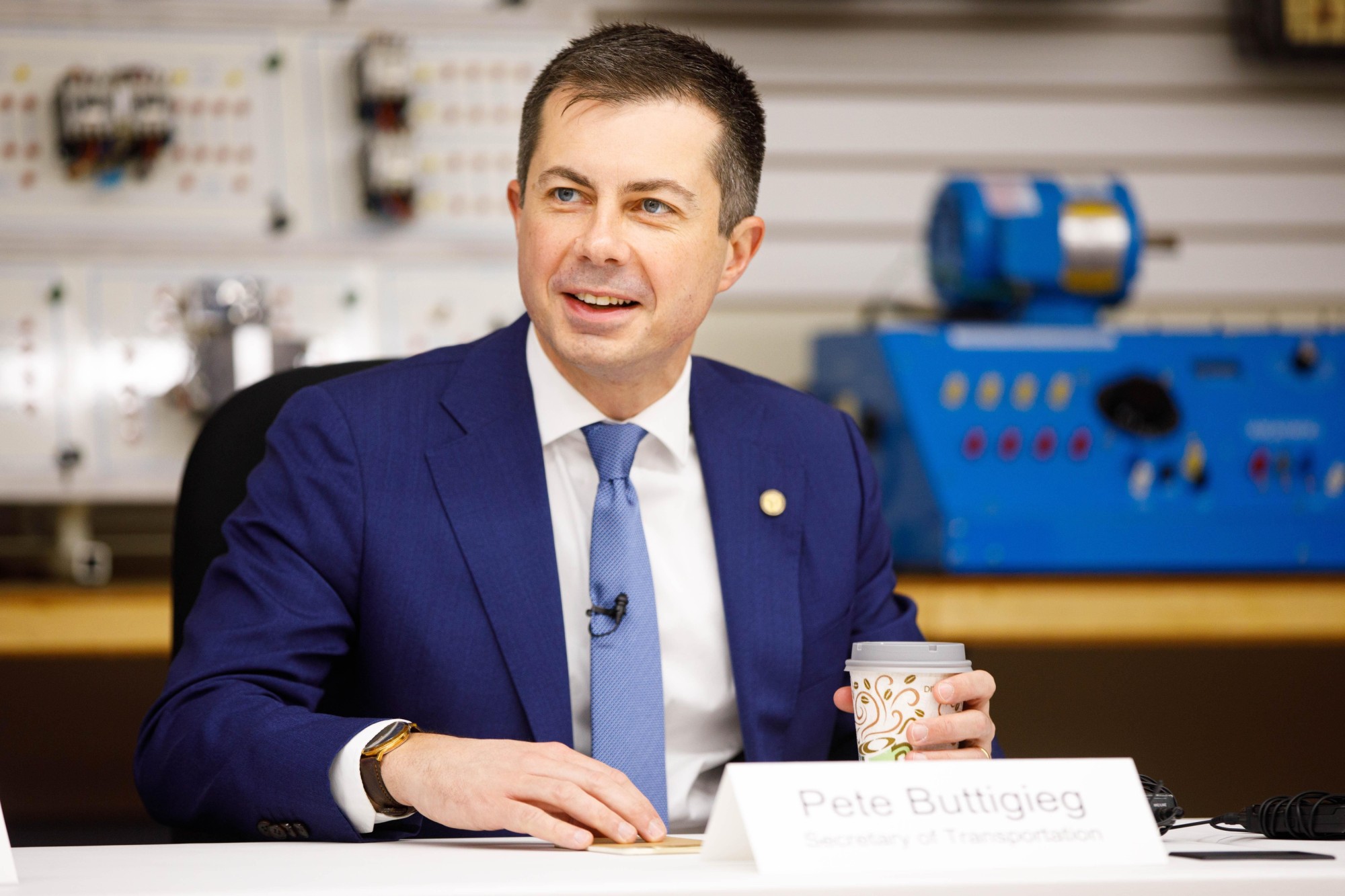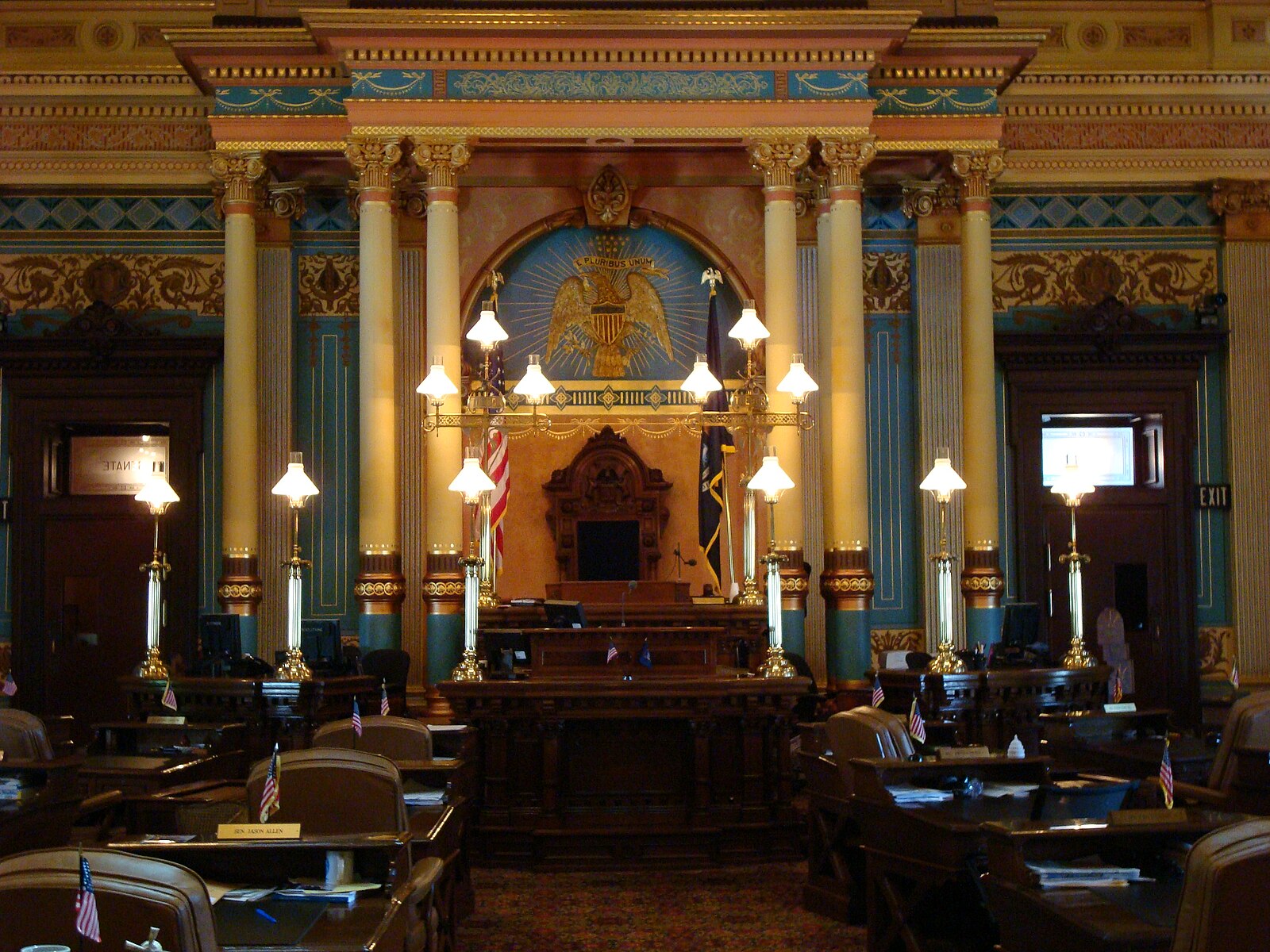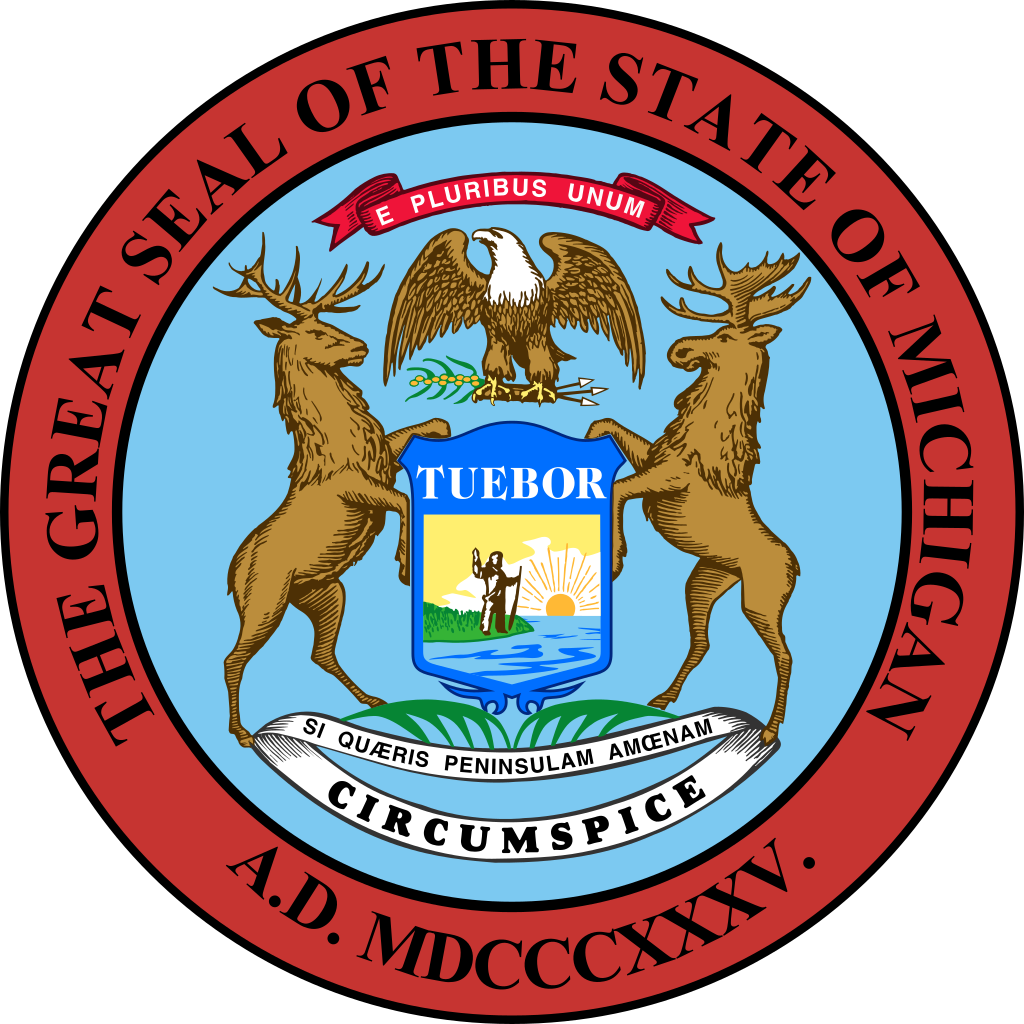Politics
Poll: Buttigieg Losing Support in Michigan Senate Race as Republican Surges
By Jake Beardslee · February 12, 2025

A Tight Race for Michigan’s Senate Seat
Former Transportation Secretary Pete Buttigieg is trailing behind former Republican Representative Mike Rogers in a new poll for Michigan’s 2026 Senate race, signaling a competitive battle in a key battleground state.Michigan is expected to be home to one of the most pivotal Senate races in the 2026 midterms, with Democrats and Republicans vying to replace retiring Democratic Senator Gary Peters. Although Democrats are hoping for a “blue wave” similar to 2018, Republicans view Michigan as a viable target, particularly given former President Donald Trump’s success in carrying the state during the 2024 presidential election. MICHAEL CLUBB/SOUTH BEND TRIBUNE / USA TODAY NETWORK via Imagn Images

Buttigieg’s Strengths and Challenges
Buttigieg, a nationally recognized figure following his 2020 presidential campaign and tenure as transportation secretary, is seen as an early frontrunner for the Democratic nomination. His high profile and access to national fundraising networks bolster his candidacy. However, he is expected to face strong competition from other prominent Michigan Democrats with deeper local ties. Nathanial Gary-USA TODAY
Rogers’ Conservative Credentials
On the Republican side, Rogers, a former congressman who narrowly lost to Democrat Elissa Slotkin in the last Senate race, is reportedly considering another bid.Having served as a U.S. Representative for Michigan’s 8th congressional district from 2001 to 2015, Rogers built a reputation as a staunch conservative with a focus on national security and intelligence issues. His tenure in Congress included chairing the House Intelligence Committee. Since leaving office, Rogers has remained active in Republican politics and media. Junfu Han / USA TODAY NETWORK via Imagn Images

Polling Shows Rogers in the Lead
A recent survey conducted by Lansing-based pollster EPIC-MRA shows Rogers leading Buttigieg in a hypothetical matchup. According to the Detroit Free Press, the poll, conducted from February 3 to 8 among 600 likely voters, found Rogers securing 47% of support, compared to Buttigieg's 41%, with a margin of error of ±4 percentage points. Twelve percent of respondents remained undecided.The poll did not include other potential Democratic contenders such as Michigan Attorney General Dana Nessel and state Senator Mallory McMorrow, both of whom are considered viable candidates should they enter the race. Junfu Han / USA TODAY NETWORK via Imagn Images


A Shifting Political Landscape
In addition to the Senate race, Michigan’s gubernatorial election is shaping up to be another competitive contest. Democrat Michigan Secretary of State Jocelyn Benson is currently tied with potential Republican candidate Dick DeVos at 31%, while Detroit Mayor Mike Duggan, running as an independent, holds 23%.Meanwhile, a Blueprint Polling survey suggests Buttigieg is the leading choice among Democratic primary voters, with Nessel ranking second. With nearly two years until the election, the political landscape remains fluid, and candidates' positions in the race are likely to evolve. Steve & Christine / Wikimedia
